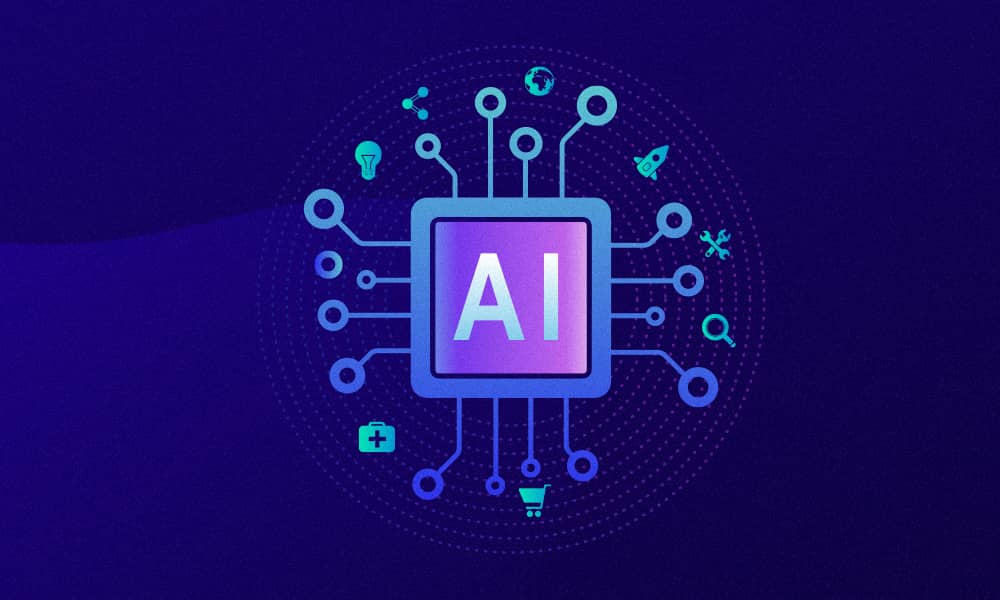
Artificial Intelligence (AI) is revolutionizing the world around us in numerous ways. From self-driving cars to personalized recommendations on streaming platforms, AI has become an integral part of our modern lives. However, with advancements in AI technology, concerns about its safety and ethical implications have also arisen. In this article, we will explore the concept of safe technology and machine learning in AI and its impact on society.
Definition of AI
AI refers to the development of computer systems that can perform tasks that typically require human intelligence, such as visual perception, speech recognition, decision-making, and problem-solving. It encompasses various techniques, including machine learning, neural networks, natural language processing, and robotics.
Overview of AI technology
AI technology has made significant progress over the past few decades, mainly due to advancements in computing power and data availability. Machine learning, a subset of AI, plays a crucial role in enabling computers to learn and improve from experience without being explicitly programmed. This technology allows AI systems to analyze vast amounts of data, detect patterns, and make predictions or decisions based on that information.
Importance of AI in today's world
AI has become essential in today's world due to its ability to automate tedious and repetitive tasks, increase efficiency, and improve decision-making processes. It has applications in various sectors, including healthcare, finance, transportation, and customer service. AI-powered systems can detect diseases at an early stage, provide personalized financial advice, optimize traffic flow, and offer tailored recommendations to users.
Benefits of AI
The benefits of AI are numerous. It can enhance productivity, reduce human error, and deliver faster and more accurate results. AI systems can also unlock new discoveries and insights from large datasets, leading to advancements in fields like medical research, climate modeling, and drug development. Moreover, AI has the potential to address societal challenges such as poverty, accessibility, and environmental sustainability.
Concerns and risks associated with AI
Despite its advantages, AI technology also poses concerns and risks. One major concern is the potential loss of jobs due to automation. Additionally, biases and discrimination can be embedded in AI algorithms, leading to unfair or harmful outcomes. There are also concerns regarding the privacy and security of personal data, as AI systems often rely on large amounts of sensitive information.
Ensuring the safety of AI systems
Ensuring the safety of AI systems is crucial to mitigate risks and build public trust. Adequate testing, monitoring, and regulation are essential to minimize unintended consequences and prevent malicious use of AI technology. Collaboration between industry, academia, and policymakers is vital in establishing guidelines and ethical standards for the development, deployment, and governance of AI systems.
The role of machine learning in AI
Machine learning is a fundamental component of AI. It enables AI systems to learn from data, adapt to changing circumstances, and improve performance over time. By training algorithms on vast datasets, machine learning empowers AI systems to make accurate predictions and decisions, enabling advancements in various domains, including natural language processing, computer vision, and autonomous vehicles.
Ethical considerations in AI development
Ethical considerations are pivotal in the development of AI. Developers must ensure that AI systems are fair, transparent, and accountable. Ethical issues, such as bias, privacy, and consent, need to be addressed to prevent unintended harm to individuals or groups. Collaboration between ethicists, researchers, and policymakers is crucial to establish guidelines that promote responsible and ethical AI development.
The impact of AI on society
AI has the potential to shape society profoundly. It can improve healthcare outcomes, optimize resource allocation, and revolutionize various industries. However, it also raises questions about job displacement, inequality, and algorithmic bias. Balancing the benefits and risks of AI is crucial to ensure a positive and inclusive impact on society. Ethical considerations and regulatory frameworks must be fostered to harness the power of AI for the greater good.

